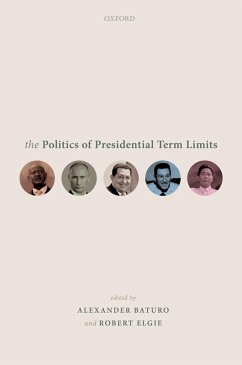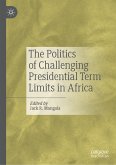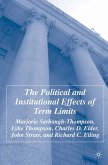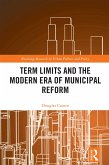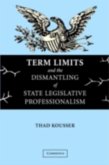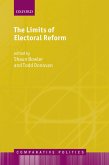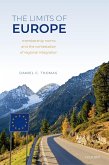Presidential term limits restrict the maximum length of time that presidents can serve in office. They stipulate the length of term the presidents can serve between elections and the number of terms that presidents are permitted to serve. While comparative scholarship has long studied important institutions such presidentialism vs. parliamentarism and the effects of different electoral systems, we lack a comprehensive understanding of the role and effects of presidential term limits. Yet presidential term limits and term lengths are one of the most fundamental institutions of democracy. By ensuring compulsory rotation in office, they are at the heart of a democratic dilemma. What is the appropriate trade-off between allowing the unrestricted selection of candidates at presidential elections vs. restricting selection procedures to prevent the possibility of dictatorial takeover by presidents who are unwilling to step down? In the context of a long and on-going history of changes to presidential term limits and the many and varied ways in which term limits have been both applied and avoided, this book explains the factors behind the introduction, stability, abolition, and avoidance of presidential term limits, as well as the consequences of changes to presidential term limits, and it does so in the context of non-democracies, third-wave countries, and consolidated democracies. It includes comparative, theoretical, and practitioner-oriented chapters, as well as detailed country case studies of presidential term limits across the world and over time.
Dieser Download kann aus rechtlichen Gründen nur mit Rechnungsadresse in A, B, BG, CY, CZ, D, DK, EW, E, FIN, F, GR, HR, H, IRL, I, LT, L, LR, M, NL, PL, P, R, S, SLO, SK ausgeliefert werden.

